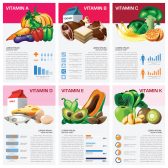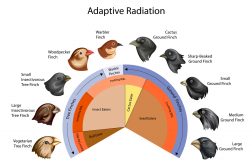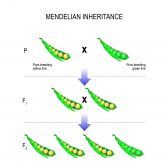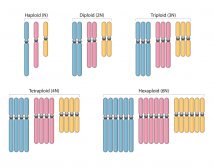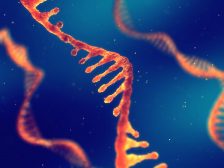Definition
noun
A cyclical series of biochemical reactions that occur in the stroma of chloroplasts during photosynthesis. It includes the light-independent reactions such as carbon fixation, reduction reactions and ribulose 1,5-diphosphate (RuDP) whereby sugars and starch are ultimately produced.
Supplement
At this stage of photosynthesis, the energy released from ATP produced during light reactions is used to drive the conversion of carbon dioxide and other compounds into an organic molecule (e.g. glucose).
In C3 plants, the Calvin- Benson-Bassham cycle (or simply Calvin cycle) is used directly to fix carbon dioxide. In C4 plants and CAM plants, a different carbon fixation precedes Calvin cycle.
Word origin: named after its discoverers, Melvin Calvin, James Bassham and Andrew Benson at the University of California, Berkeley.
Abbreviation: CBB cycle
Variants: Calvin-Benson cycle or Calvin cycle
See also: Photosynthesis on Tutorials for further information. For the definition of photosynthesis, click here

